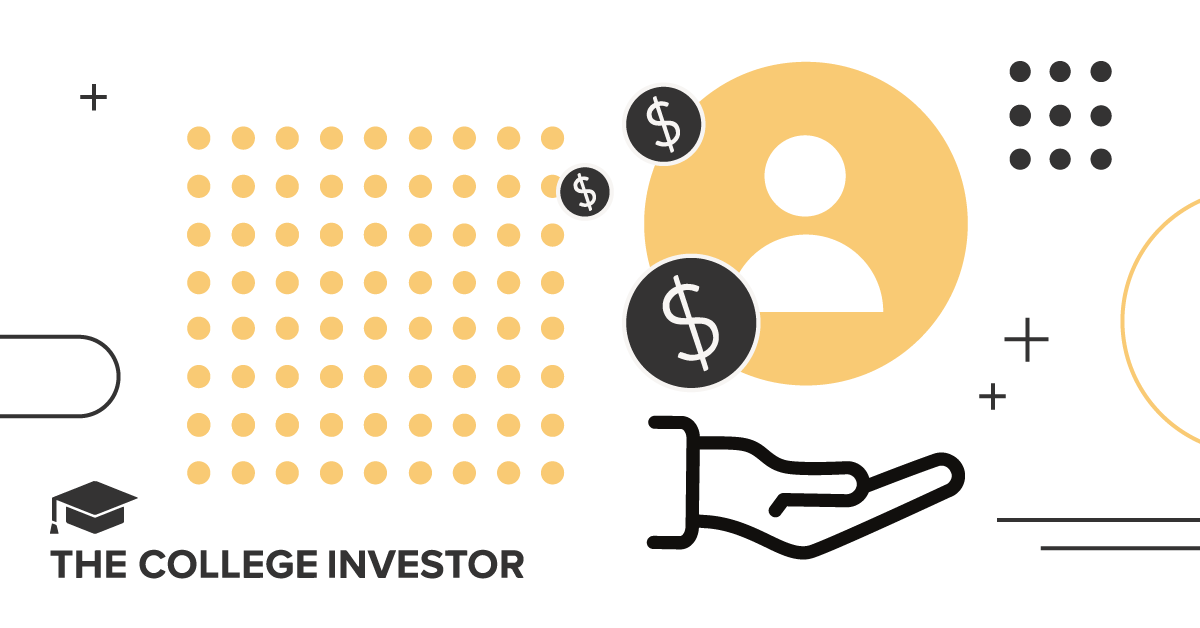Non-Profit Lender
Definition
A non-profit lender in the context of student loans is an organization that provides educational loans without seeking to make a profit from the borrowers.
Detailed Explanation
Non-profit lenders are typically mission-driven student loan providers that aim to help students achieve their educational goals without having to take on excessive debt. Unlike for-profit lenders, whose primary goal is to generate income for shareholders, non-profit lenders reinvest any surplus they generate back into programs that benefit students, such as lower interest rates, more flexible repayment terms, and financial education resources.
Examples of non-profit lenders include MOHELA, Iowa, and RISLA. These organizations may be affiliated with government entities, educational institutions, or independent foundations, and they often offer benefits such as reduced fees, loan forgiveness programs for certain types of employment, and personalized customer service.
The main focus of non-profit lenders is to make education accessible and affordable, and they often work closely with students to ensure they understand their loan terms and obligations.
By prioritizing the borrower's ability to successfully repay their loans without financial strain, non-profit lenders contribute to the broader goal of educational equity and accessibility.
Example
One example of a non-profit student loan lender is MEFA, which is short for the Massachusetts Educational Financing Authority. MEFA is a Boston-based non-profit organization that offers student loans to both undergraduate and graduate students. The organization was created by the Massachusetts government in 1982 .
Key Articles Related To Non-Profit Lenders
Related Terms
Loan Forgiveness: A program in which a borrower's remaining student loan debt is canceled after meeting certain conditions.
Income-Driven Repayment Plan: A repayment strategy where monthly payments are based on the borrower's income and family size, often used to make loans more manageable.
Federal Student Loans: Loans funded by the government with fixed interest rates and flexible repayment options, aimed at helping students finance their education.
Private Student Loans: Loans provided by private lenders, such as banks or financial institutions, typically with higher interest rates and less flexible repayment terms than federal loans.
FAQs
Are non-profit lenders' interest rates generally lower than for-profit lenders?
Yes, non-profit lenders often offer lower interest rates compared to for-profit lenders, as their primary aim is not to make a profit but to assist students.
Can I apply for loan forgiveness with a non-profit lender?
Many non-profit lenders offer loan forgiveness programs, especially for borrowers working in public service, education, or non-profit sectors, but eligibility requirements vary.
How do I know if a lender is non-profit?
Research the lender's background, mission statement, and whether any surplus is reinvested into borrower benefits or community programs. Transparency about these aspects is a good indicator of a non-profit lender.
Do non-profit lenders offer loans for all types of education?
Most non-profit lenders offer loans for a wide range of educational programs, but it's important to check with each lender as some may have restrictions based on the type of education or institution.
Editor: Colin Graves
